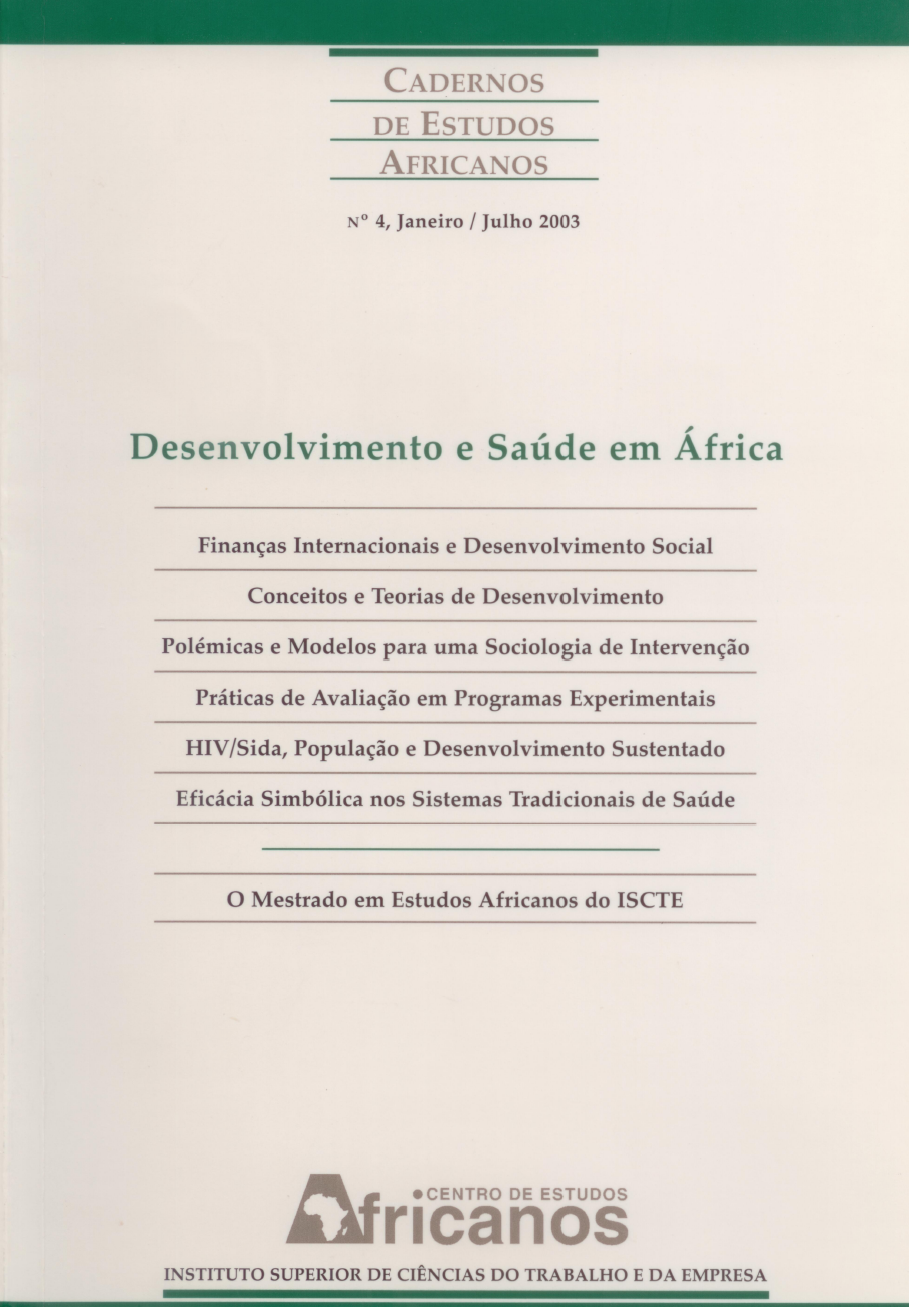HIV/AIDS, Population and Sustainable Development
Palavras-chave:
AIDS, Acquired Immune Deficiency Syndrome, Sub-Saharan Africa, socio-economic impact, sustainable developmentResumo
The wide-ranging impact of HIV/AIDS on demographic trends and socio-economic development of African countries deserves renewed attention and additional research. HIV/AIDS severely undermines the development prospects of many African countries, most of which have recorded shockingly high prevalence rates of the epidemic. In the years to come, Sub-Saharan Africa is far more certain to experience further demographic changes that would continue to impact negatively on development trends. The epidemic is decimating human capital and institutions, perpetuating intergenerational poverty and inequality, and threatening the security of populations and countries. In this regard, it has become one of the most serious challenges facing African countries. This paper asserts that in high HIV prevalence countries, the majority of which are in Sub-Saharan Africa, the size, composition, structure and distribution of populations have experienced profound mutations. The new demographic structure has a direct and significant bearing on all facets of sustainable development. It is therefore essential to examine how these demographic modifications affect efforts towards socio-economic progress.Downloads
Publicado
2016-02-26
Edição
Secção
Artigos
Licença
Autorizo a publicação do artigo/recensão submetido do qual sou autor.
Declaro ainda que o presente artigo é original, que não foi objecto de qualquer tipo de publicação, e cedo em exclusivo os direitos de publicação à revista Cadernos de Estudos Africanos. A reprodução do artigo, no todo ou em parte, noutras publicações ou noutros suportes depende de autorização prévia da editora Centro de Estudos Internacionais do Iscte - Instituto Universitário de Lisboa.


